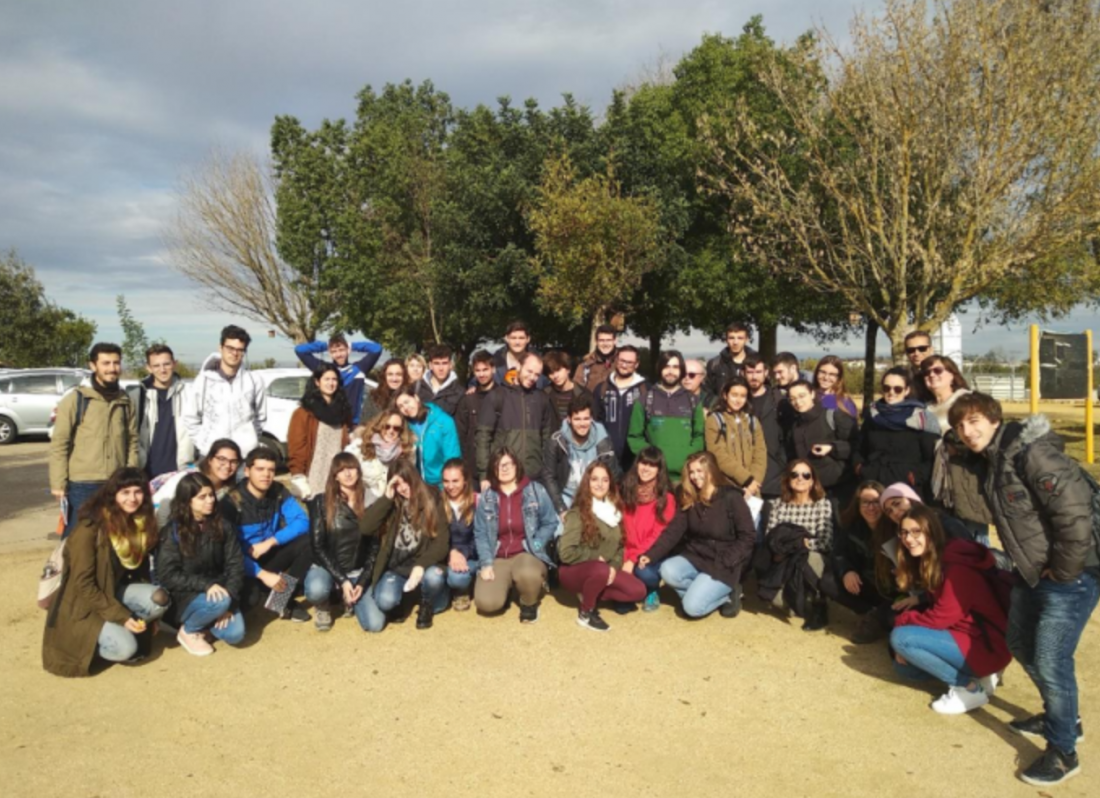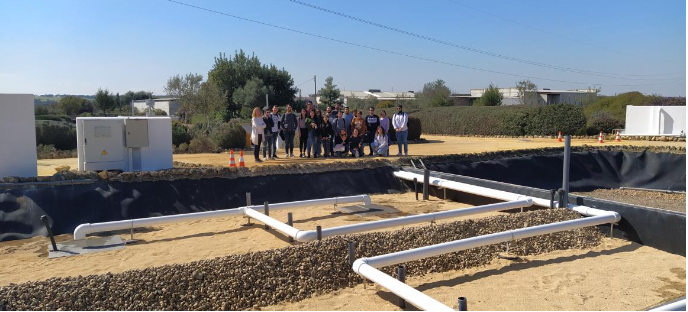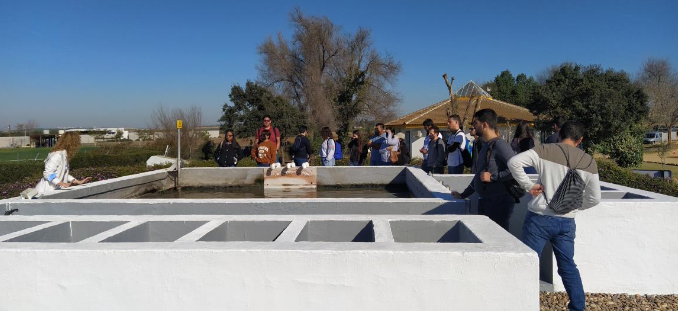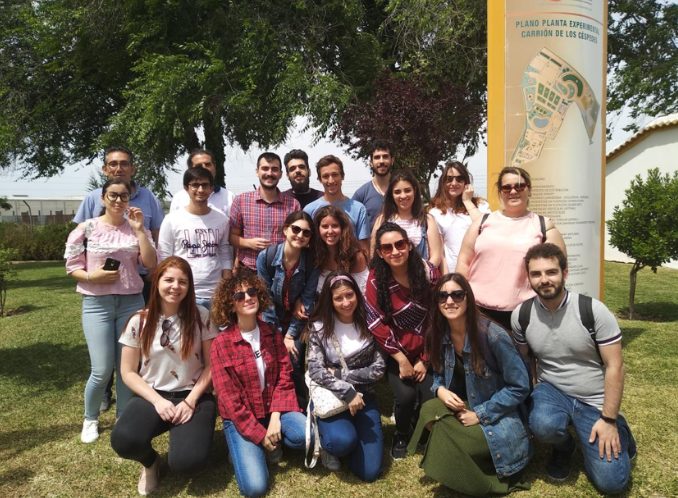Spain: MENAWARA partner CENTA-AMAYA provides education and training on nature-based solutions for wastewater re-use amidst Mediterranean water scarcity crisis.

Mediterranean countries are struggling with water scarcity, and the problem has only worsened due recent drought in the Southern areas, in particular in the Andalucia region of Spain.
CENTA ́s Experimental Centre, in the small village of Carrión de los Céspedes, Seville, covers more than 41,000 m2, and serves as a Living-lab for wastewater treatment and reuse, with a focus on low-cost technologies and nature-based solutions (NbS).
One of the mission of living lab is to enhance the capacity of stakeholders, including administration and decision-makers, companies, academia, and society in general by providing technical visits covering topics such as the history of the Experimental Centre, sanitation, wastewater depuration, intensive and extensive technologies, and water reuse. MENAWARA technical innovations have been part of the program that, since 2019, has trained more than 700 participants.
Recently, on April 19th, the experimental Centre and the pilot site of MENAWARA, the olive grove, have been visited by 15 students and 2 teachers from 5 different countries (El Salvador, Guatemala, Colombia, Haiti and Spain) involved in a Master’s Degree in Integrated Water Cycle Technologies and Management. During the visit, a training session on nature-based solutions for water reuse was led by Isabel Martin, MENAWARA’s project and the responsible of the Experimental Center Guillermo Solis, as well as two external experts: Fernando Estévez (Head of the Wastewater Department of EMASESA- Metropolitan Water Supply and Sanitation Company of Seville S.A) and Juan José Salas (Expert on wastewater treatment in smalll aglomerations and rural areas).

During the training, participants were interviewed to assess their knowledge of wastewater re-use and its use in agriculture, as well as to learn about their experiences with water scarcity in their respective countries. While most of the participants had no previous knowledge of the MENAWARA project, they were aware of the situation of extreme drought in Mediterranean countries and its impact on agriculture, in general, and more specifically in rural areas; where agricultural activity represents the backbone and enhancer of economic and social development. They also acknowledged the importance of sustainable solutions to address water scarcity, such as the use of nature-based solutions for wastewater re-use in agriculture.

The interviews revealed that the main obstacles to addressing the lack of water resources for agriculture were the lack of financing for infrastructure, awareness about the importance of water as a precious resource, and information on water reuse using non-conventional sources. The participants found the training activities extremely interesting and valuable, highlighting the positive impact of such projects and activities at the local level.
The MENAWARA project's focus on providing education and training on the use of nature-based solutions for wastewater re-use in agriculture is an essential step towards addressing water scarcity and promoting sustainable development in rural areas. By increasing awareness and knowledge about the importance of water and sustainable solutions, the project is contributing to the long-term viability of agriculture and the livelihoods of rural communities. It is crucial that more initiatives like the MENAWARA project are implemented to promote education and training on sustainable solutions for water scarcity, ensuring a more sustainable future for all.










